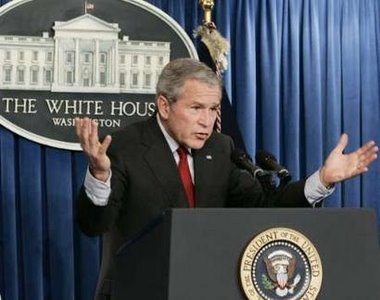Journalistic Objectivity
A contribution philosophers can make is to help people avoid being misled and swindled. I used to think that philosophers were supposed to find answers to life's big questions. There are no answers to life's big questions. Lots of people and especially organizations promulgate answers which, they claim, have come from supernatural, infallible sources. All these answers are total bullshit.
It's my job as a philosopher (with a very small p) to voice my logical peeves, for the safety of society.
One piece of pure bullshit that I keep hearing from people who should know better is the concept of journalistic objectivity. There is no such thing, unless you're talking about a writing style that makes the writer put his opinions in the mouths of others. They'll tell you that objectivity means reporting both sides of a story. More bullshit. There's no story worth telling that involves only two sides. And choice of what stories to report--certainly no objective standard there.

One way to demonstrate the non-existence of journalistic objectivity is photography. These two photographs of the leader of the free world are completely objective. They come from today's AP slideshow of Bush's press conference.

I would contend that these are less flattering than some other photos in the slideshow, but they are no more or less objective. A smart person looking at these pictures would infer that the editor (me) doesn't like George Bush. A less smart person might think that the president actually is like Nixon (per the top photo), and/or Alfred E. Newman (per the bottom).
This doesn't address the issue of the void behind the president's eyes, which would require non-objective photographic tricks to hide.
From which void comes this quote from the objective AP story:
"I understand war creates concerns," the president said. "Nobody likes war. It creates a sense of uncertainty in the country."
Don't you just hate that sense of uncertainty?
Actually, sometimes philosophers do assert answers to the big questions. They don't believe the answers but find them "interesting." These assertions function like scratching posts for their fellow philosophers. It's a parlor game, or like Prime Minister's Questions, a quaint but for some highly amusing pastime.
----- o -----
No comments:
Post a Comment